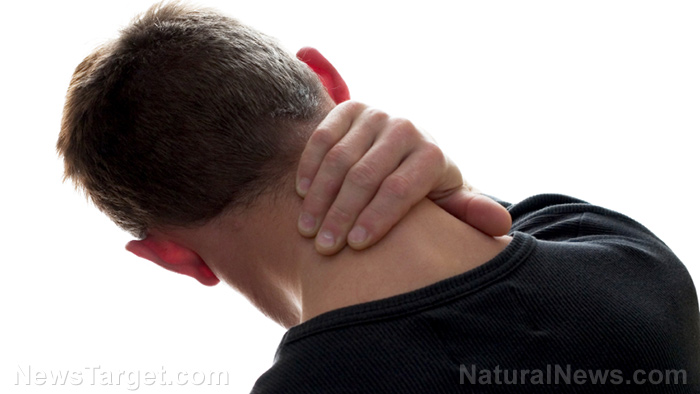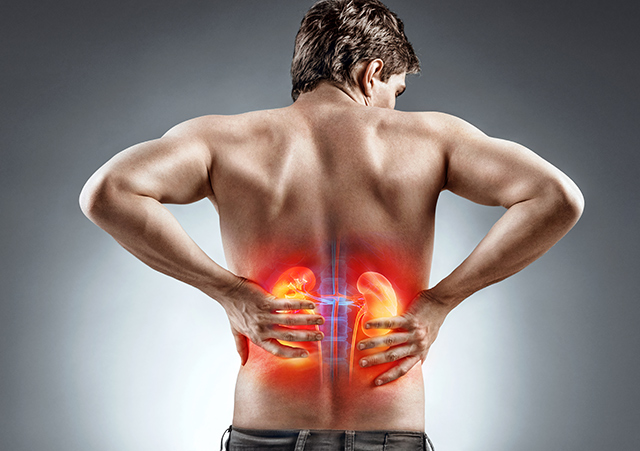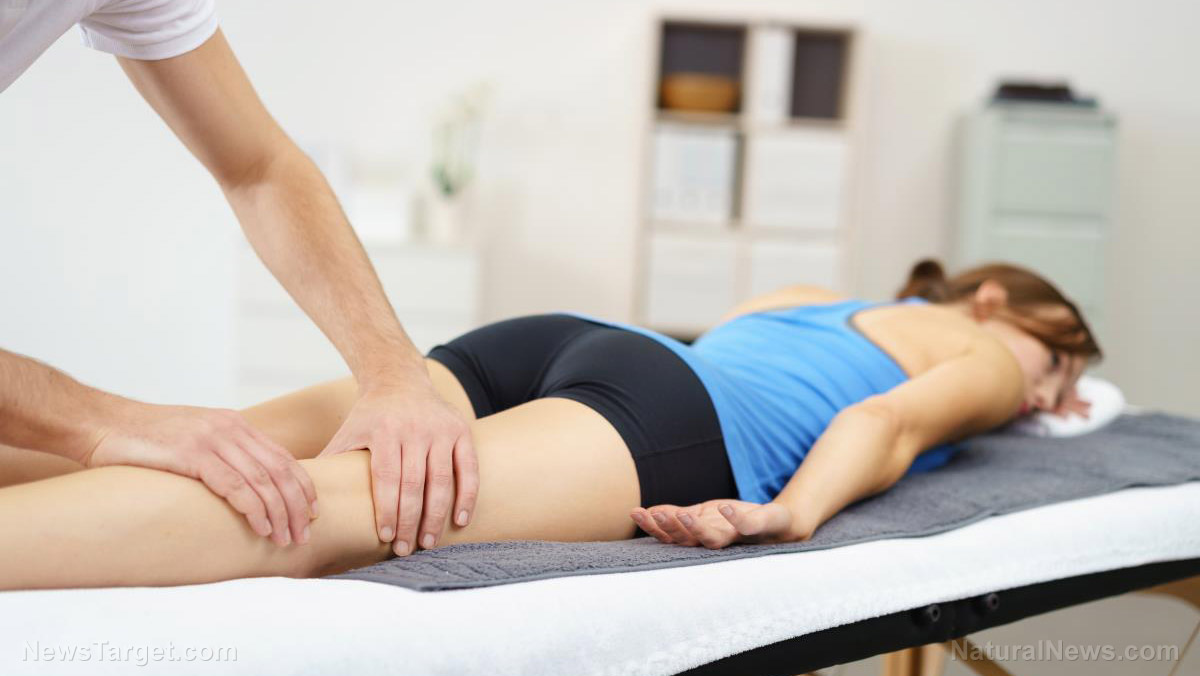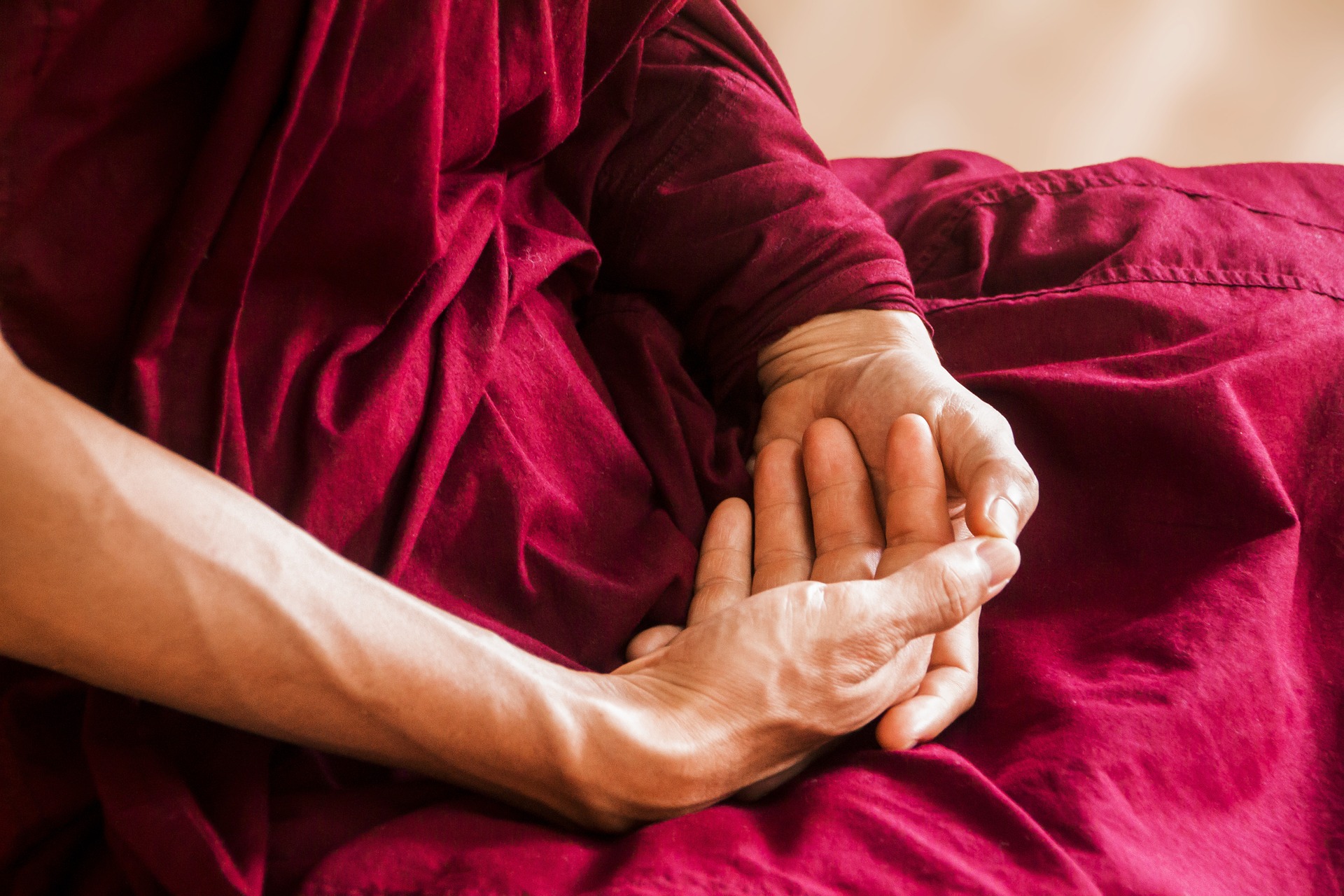Microcurrent point stimulation found to be a safe alternative therapy for neck pain
01/14/2019 / By Ralph Flores

Acupuncture offers a bevy of benefits, but for some people, the idea of sticking needles in the body throws them off. Fortunately, a study in the Journal of Alternative and Contemporary Medicine suggests using electricity instead of needles in treating neck pain. The research, a collaboration between American and British scientists looked at whether the use of microcurrents can improve symptoms of chronic neck pain.
More than 12 percent of Americans between 18 to 44 years old suffer from neck pain. Most cases involving neck pain, in particular, are workplace-related, which includes repetitive tasks, awkward postures, twisting and turning, and forceful exertions. These motions, among others, contribute to injuries that affect that muscles, tendons, nerves, and ligaments — collectively known as musculoskeletal disorders (MSD). Aside from neck pain, other types of MSD include back pain, carpal tunnel syndrome, and tendinitis.
In recent times, people have looked to alternative forms of medicine to manage neck pain and other forms of MSD. A study published in the British Medical Journal found acupuncture to be effective against chronic neck pain.
“Acupuncture is a safe treatment option for neck pain, and when done properly by a licensed acupuncturist, it can provide much-needed pain relief,” said Laurie Morse, a licensed acupuncturist, in an interview with SpineUniverse.
To note, acupuncture is a physical intervention that places needles in the skin at different acupoints to treat various conditions. The practice, in particular, is known for its analgesic properties and has been used to treat chronic pain for thousands of years. However, for some people, especially those who are uninitiated to the practice, the idea of using needles in treatment can be disconcerting.
For people who are still looking to benefit from the acupuncture without the needles, they have other alternatives to choose from — including electroacupuncture, which uses electric currents in place of needles. Multiple studies have noted that it was able to outperform traditional acupuncture needles when it comes to managing pain. In the international study, the team looked at the impact of microcurrent point stimulation when used as a standardized protocol for electroacupuncture.
For the study, the researchers recruited 34 patients to participate in the clinical trial. All of the patients involved in the study have reported non-specific neck pain for over seven years. During the trial, the patients underwent direct microcurrent point stimulation, which used weak electric currents to target specific acupuncture points. In particular, direct microcurrents were applied to the points on the lower back. The patients were then asked to rate their pain levels after treatment, as well as after two days.
The researchers found that microcurrent point stimulation significantly improved pain levels for the participants. In particular, they reported improvements both immediately and after 48 hours. This effect, they believe, could be caused by the body’s response to the electric current. Some studies suggest that direct currents mimic cell signaling, which can regulate the nervous system and lead to multiple therapeutic benefits. The researchers also posited that the currents help release endorphins, a compound associated with pain relief.
“These significant changes help validate the potential application of MPS to [a] standard protocol as an option to clinicians treating patients with chronic neck pain,” the researchers wrote in their report. “However, long-term further investigation is warranted with a larger focus group to confirm these results and to assess their duration.” (Related: The research is clear: Acupuncture reduces chronic pain better than drugs.)
Find more ways to naturally treat neck pain by following NaturalCures.news.
Sources include:
LeibertPub.com [PDF]
Tagged Under: acupoints, acupuncture, alternative medicine, chronic neck pain, healing, musculoskeletal disorders, natural cures, natural medicine, Naturopathy, neck pain, pain relief, research

















